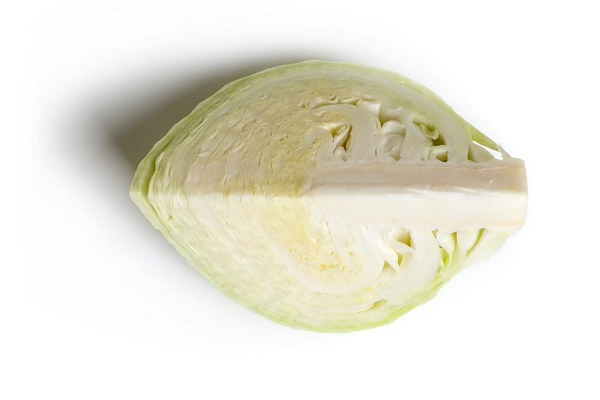Does Weight Loss Require Dampness Removal Exploring the Connection Between Body Weight and Moisture Balance
In the quest for weight loss, many individuals often overlook the importance of maintaining a healthy balance of dampness within the body. Dampness, in traditional Chinese medicine (TCM), refers to the excess of fluid or moisture in the body that can lead to various health issues, including weight gain. So, does weight loss require dampness removal? This article delves into the relationship between body weight and moisture balance, and offers insights on how to achieve a healthier, more balanced state.
Understanding Dampness in Traditional Chinese Medicine

In TCM, dampness is believed to be the root cause of many health problems, including obesity. According to TCM, dampness can arise from various factors, such as overeating, poor diet, lack of exercise, and excessive consumption of cold and damp foods. When dampness accumulates in the body, it can disrupt the normal functioning of the spleen and kidneys, leading to weight gain and other health issues.
The Connection Between Dampness and Weight Gain
When dampness accumulates in the body, it can lead to several factors that contribute to weight gain:
1. Slowed Metabolism: Dampness can impede the spleen's ability to transport nutrients, resulting in a slower metabolism. A slower metabolism means that the body burns fewer calories, making it more challenging to lose weight.
2. Water Retention: Excess dampness can cause the body to retain water, leading to bloating and an increase in body weight.
3. Poor Digestion: Dampness can lead to poor digestion, as the spleen is responsible for transforming food into energy. When digestion is impaired, undigested food can accumulate in the body, leading to weight gain.
4. Impaired Energy Production: The kidneys are responsible for producing and regulating energy (Qi) in the body. Dampness can impede the kidneys' function, leading to a decrease in energy levels and a higher likelihood of weight gain.
Addressing Dampness for Weight Loss
If dampness is a contributing factor to weight gain, it's essential to address it as part of a comprehensive weight loss plan. Here are some strategies to help remove dampness and promote weight loss:
1. Diet: Opt for a balanced diet that includes a variety of nutrients while minimizing the intake of damp-producing foods, such as cold drinks, ice cream, and raw fruits and vegetables. Instead, consume warm, cooked foods and foods that are known to help drain dampness, such as garlic, ginger, and green tea.
2. Exercise: Regular physical activity can help improve digestion, enhance metabolism, and promote the elimination of dampness. Incorporate a mix of cardiovascular, strength training, and flexibility exercises into your routine.
3. Lifestyle Changes: Adopt a lifestyle that encourages the elimination of dampness. This includes avoiding excessive exposure to cold and damp environments, getting enough rest, and managing stress levels.
4. Herbs and Supplements: Certain herbs and supplements can help drain dampness and promote weight loss. Consult with a TCM practitioner or healthcare professional to determine the best options for you.
Conclusion
While weight loss is often seen as a straightforward process of calorie restriction and increased physical activity, addressing dampness in the body can be a crucial component of successful weight loss. By incorporating dietary changes, exercise, and lifestyle adjustments, you can help remove dampness, improve your metabolism, and achieve a healthier, more balanced weight. Remember, it's essential to consult with a healthcare professional before making significant changes to your diet or exercise routine.









